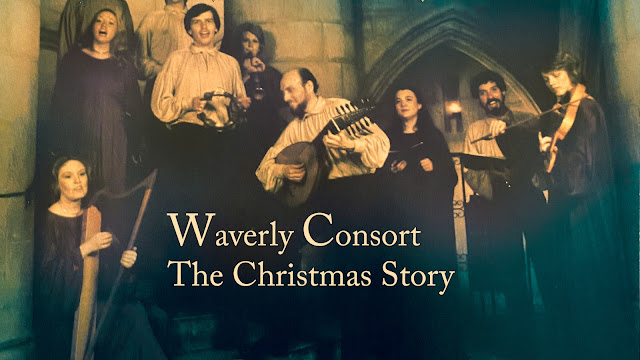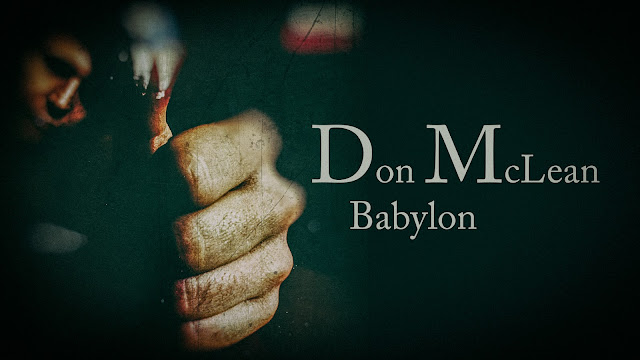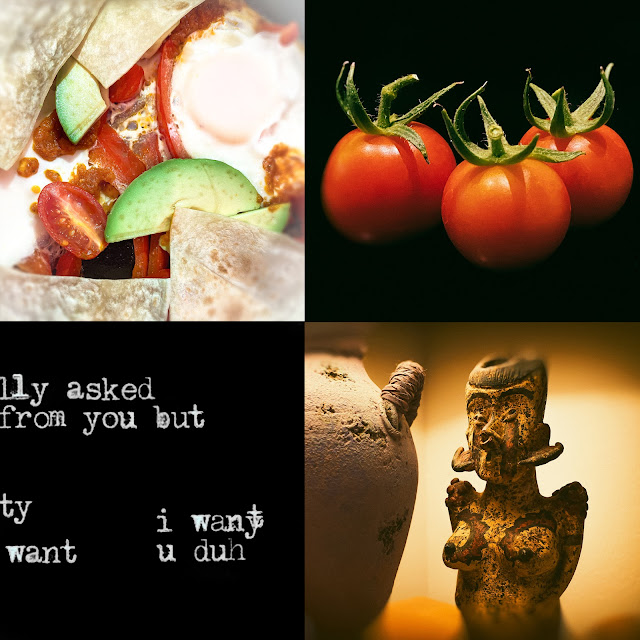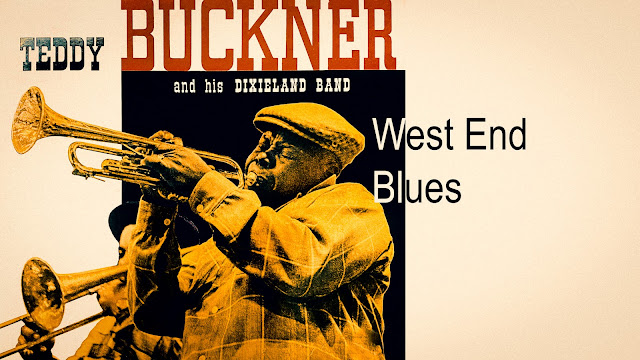Posts
Showing posts from 2021
The Waverly Consort - The Christmas Story ( Side 2 of the vinyl LP)
- Get link
- X
- Other Apps
Don McLean - Babylon (restored 1971 vinyl LP "American Pie")
- Get link
- X
- Other Apps
Shorty Rogers - Infinity Promenade (restored vinyl LP of 1953 recording of Short Stops)
- Get link
- X
- Other Apps
Teddy Buckner - West End Blues (restored vinyl LP)
- Get link
- X
- Other Apps
Illinois Jacquet - Our Delight (1975 Vinyl LP How High the Moon)
- Get link
- X
- Other Apps
Harry James Band - Blues Like (restored vinyl LP)
- Get link
- X
- Other Apps
Gordon Dexter - Gotham City (1980 recording vinyl LP)
- Get link
- X
- Other Apps
Illinois Jacquet - After Hours (1975 Vinyl LP How High the Moon)
- Get link
- X
- Other Apps
Billie Holiday - Lover Man (restored vinyl LP The Billie Holiday Story)
- Get link
- X
- Other Apps
Art Blakey - April Jammin' (1960 recording vinyl LP Jazz Messengers vol 1)
- Get link
- X
- Other Apps
Jonah Jones - St James Infirmary (restored 1957 vinyl LP “Muted Jazz”)
- Get link
- X
- Other Apps
Herb Alpert & The Tijuana Brass - The Work Song (restored 1966 recording jazz vinyl LP)
- Get link
- X
- Other Apps
Jonah Jones - Rose Room (restored 1957 vinyl LP “Muted Jazz”)
- Get link
- X
- Other Apps



















